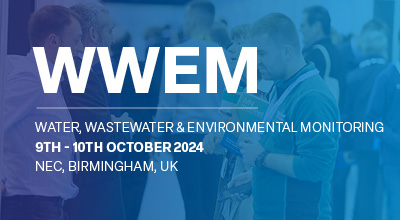| Abstract Title: | PFAS Water Surveillance Monitoring |
| Presenter Name: | Dr Alun James |
| Company/Organisation: | Environment Agency |
| Country: | United Kingdom |
Abstract Information :
The Environment Agency has been developing the evidence base on Per- and Polyfluorinated substances (PFAS) in the environment for a number of years. This includes work with water companies on wastewater emissions of PFOS and PFOA since 2015 and monitoring the levels of these substances in water and biota since 2016 using fully quantitative method and progressively adding further PFAS into its semi-quantitative screening water surveillance monitoring since 2014.rn rnOur monitoring data in rivers, lakes, groundwaters, estuaries and coastal waters between 2014 and 2019 demonstrates that PFAS are widely distributed in English surface waters and groundwaters. rn rnThe Environment Agency utilises GCMS and LCMS target screening that enables scanning for over 1590 chemicals in its monitoring programmes to detect emerging issues. The Environment Agency currently scans for 14 PFAS chemicals as part of its surveillance monitoring programmes, utilising GC-MS and LC-MS semi-quantitative method and we have evolved our approach to undertaking surveillance monitoring of waters in England using fully quantitative techniques and currently monitoring for over 40 PFAS substances across our groundwater network. This session will share latest insights into the results from this monitoring, as well some of the knowledge from international collaborations on analytical approaches for PFAS.rn rnIn the UK, an environmental quality standard is set for PFOS. Failure of the standard is widespread with 46% of freshwater fish failing and 25% of all surface waters in England failing the 2019 classification.rn rnManaging PFAS once they are already within the environment is expensive and involves significant capital and operational costs. This burden often falls on utility companies, bill payers, local authorities and governments. Given the scale of this challenge addressing PFAS emissions is generally preferred to remediation and can have both environmental and financial benefits. The insights from Environment Agency evidence work on PFAS is being used to shape the Water Industries focus on ‘emerging substances and impacts to the environment’ in the Chemicals Investigation Programme as it goes into its fourth phase.rn


